Published
- 02:00 am
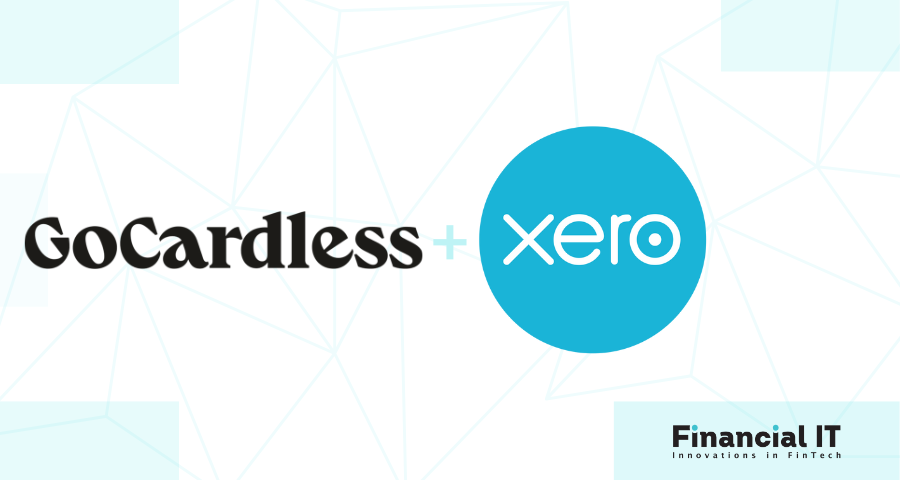
GoCardless, the bank payments company, has announced it is renewing its strategic partnership with Xero, the global small business platform, for another five years.
The agreement builds on a long-term relationship which started in 2016, focused on helping small businesses get paid faster. For GoCardless this also represents a doubling down in the accountancy space, a key sector for the fintech as it executes on its ambitious growth plans.
The news comes as small businesses around the world face some of the most challenging economic conditions in recent history, and the pressure is impacting business owners.
According to Xero’s Global state of small business owner wellbeing report, the wellbeing of small business owners is at a level below that of the general population, weighed down by a range of challenges, including cash flow. Through this partnership, Xero’s small business customers can improve their cash flow and get paid up to twice as fast by seamlessly connecting their online invoice payments to the GoCardless platform.
The partnership enables Xero’s customers to use GoCardless directly within the Xero platform to easily collect recurring and one-off payments without hidden fees. This is through both direct debit, which minimises the likelihood of late payments, and a GoCardless feature to collect instant, one-off payments powered by open banking in the UK and PayTo in Australia.
In addition, small businesses can reconcile payments directly in the Xero platform, reducing administrative burden. For accountants and bookkeepers, the integration provides an accurate and up-to-date picture of a company’s financial position. This eliminates the need to follow up with clients about their accounts.
Leigh O’Neill, EGM - Money at Xero, said: “We’re excited to strengthen our relationship with GoCardless by renewing our partnership. More than ever, with macroeconomic pressures, small businesses around the world are needing different ways to maintain a healthy cash flow. Our partnership with GoCardless offers Xero customers the ability to tap into GoCardless' global bank payment network so they can get paid faster."
Seb Hempstead, VP of Partnerships at GoCardless, said: “Our relationship with Xero started with our shared ethos of supporting small business. Throughout the years our joint customers have told us how much this strategic partnership has transformed their business, from freeing up hours of valuable time to solving their cash flow woes.
As we ‘renew our vows’ for another five years, we look forward to bringing the latest in bank payments to millions of small businesses to help them win and retain customers, save time and money, stress less and get paid on time.”
The GoCardless integration is available to all Xero subscribers in the UK, Australia, Canada, Ireland, New Zealand and the United States.
GoCardless currently works with a roster of more than 350 partners, including Xero. These partnerships allow businesses to seamlessly integrate GoCardless into the software they already use, managing payment and other business activities in one place.
Related News
- 01:00 am
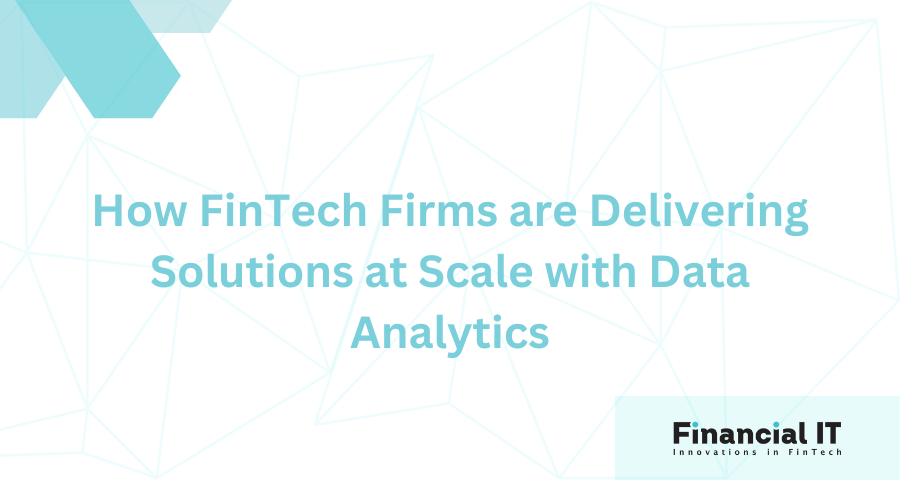
With a global reach and ever-expanding scope, the FinTech industry is continuously growing. While already a core sector, the next few years will see financial technology grow from a market cap of $245 billion to $1.5 trillion, cementing this industry’s presence and importance.
Over the past decade, the FinTech sector has had to expand the countries they work with, the currencies they manage, the banking partners, and the financial products they offer. With the sheer diversification that is inherent in a complex field like finance, the continual growth of this field is to be expected. However, as FinTech firms continue to scale, they must understand how to expand their offerings without compromising on the quality of their products and services.
At the core of successful scalability is data analytics, providing a transparent system that allows firms to understand their customers, investment climate, and competitors to a greater degree. Existing in a storm of growth, Fintech firms need a stream of accurate, updated, and rapid analytics, pulling from existing data and real-time events.
As FinTech continues to scale, the industry’s reliance on data has only grown more acute. In this article, we’ll dive into the integral balance of data, data analytics, and data architecture in the financial field.
How Data Analytics Has Revolutionized FinTech
Data analytics is a central part of the financial technology industry, propelling businesses forward with a higher degree of certainty, personalization, and precision. Over time, as the technologies that support the data industry have expanded, leaders in FinTech have been able to incorporate new systems, platforms, and methodologies to refine their offerings.
There are a number of core areas where FinTech makes use of data analytics to drive progress:
The Rise of Data-Driven Insights
Financial analytics is a leading segment of the financial technology field, one that empowers businesses to make informed decisions about their company and its future. Data-driven insights can impact every single choice in a company, steering them toward a more productive and profitable future.
A phenomenal example of leveraging data analytics in the finance field is Grainger, a Fortune 500 company that used data to boost profitability. Grainger leverages profitability analysis to reduce costs and boost transparency. Each Grainger group was conducting its own data analysis.
Instead of taking this segmented approach, they were able to collect data into one comprehensive system. By defeating data silos, Grainger achieved more effective analytics across the board. With this, they were able to locate weak points in their business and scale more effectively.
Direct Personalization
The vast majority of customer-facing financial systems need to directly personalize in order to win new customers and keep current ones satisfied. FinTech firms are able to personalize their financial products and better tailor them to their specific audience.
Instead of producing generic platforms and adapting them to the largest audience possible, Fintech firms can use data analytics to hone in on what the customer is looking for. By using customer data and scaling its collection and processing, brands are able to offer a more personalized experience.
When clients and customers feel that a brand is actively adapting to their desires, they are more likely to continue working with that service. For FinTech brands, this aspect of data forms a core part of their growth strategy. Commanding a larger audience allows more money to flow into the company, further accelerating expansion.
Operational Efficiency
External processes and client-facing services aren’t the only parts of FinTech businesses that data informs. By taking a scaled approach to data, businesses are able to optimize their internal processes to make each department more efficient.
Data can help pinpoint areas in which a business loses momentum, wastes time, or has decreased efficiency. By focusing on these areas and streamlining them over time, businesses are able to reduce costs while boosting internal productivity. When businesses scale their process to encompass every single division of their company, they can achieve much higher levels of efficiency.
Across the board, this approach radically improves internal efficacy across everything from risk management and marketing to sales and predictive growth. Without a clear understanding of the data that underlies every action team members take, businesses cannot transparently trace the internal motions of their company and move to improve them.
In order to improve an area of a business, it must first be measured. Once that data is readily available, positive change will come.
Delivering Data at Scale to FinTech Solutions
Data spans every function within the FinTech sphere. Without a consistent and accurate entry of useful data into the system, firms are unable to provide an innovative and insightful customer experience. As FinTech firms now serve an international selection across several services, a scalable data system is vital.
In order to deliver this continual stream of new information, FinTech uses a series of base technologies like cloud data warehouses to provide the flexibility and scalability when it comes to hosting the data that FinTech solutions need to thrive. When comparing Clickhouse vs Snowflake, two leading data cloud data platforms, the dramatic extent of additional layers of functionality help to streamline almost every area of data performance. From optimized storage to efficient delivery and processing of data, cloud data warehouses form the basis to provide FinTech solutions with its vital stream of data.
Other technologies, like data lakes, data meshes, and even governance policies that financial companies follow, help streamline data use and utility.
By converging these technologies that provide high scalability, data storage, and security measures, FinTech firms are able to deliver their solutions to a global audience. The scale of applications, services, and concurrent processes is only made possible by the effective balance of distinct architectural components.
Final Thoughts
Over the past few decades, FinTech firms have faced rising competition and increased demand from customers. In order to thrive in this challenging climate, FinTech firms offer a numerous range of applications, solutions, and platforms that provide customers with a unique and optimized experience. Yet, behind the scenes of this expanding industry lies a huge quantity of data, held up by the sector’s dependence on data architecture.
Scaling FinTech services to their current size and scope has been facilitated due to the wide range of new and refined data infrastructure technologies that businesses can draw on. Across the world, a complex web of data warehouses, data lakes, governance systems, and connective resources allows FinTech to flourish.
Finance and data analytics are inseparable, both empowering the other to streamline the industry and drive progress forward.
Related News
- 03:00 am

It’s the last chance for fintech startups to join the AWS Global Fintech Accelerator, a non-equity, online program, launched by Amazon Web Services in collaboration with NVIDIA, a tech giant igniting the era of modern AI, and Vestbee, one of Europe's leading platforms for startups, venture capital firms, accelerators and corporations. The aim of this program is to equip fintech startups with essential tools and resources that can expedite their journey toward AI development and business success.
Global Top VCs await to invest in promising AI-driven Fintech companies
Over a span of six weeks, selected startups will receive extensive support in the areas of AI, cloud technology, business development, and fundraising, along with business support from experienced mentors and advisors. They also stand to benefit from up to $100K worth of AWS Activate Credits. Furthermore, participants will gain access to CEO and CTO’s Alumni Community and worldwide network of partners, industry experts, and VC funds, such as Sequoia Capital, Greylock Partners, Lightspeed Venture Partners, Greycroft Partners, Index Ventures, Bain Capital Ventures, Fin Capital, Antler, Anthemis Group, Finch Capital, Molten Ventures and many more. Participants will also benefit from a vast selection of partner packages and discounts worth $250k+, including Stripe, Mixpanel, Zendesk, Loom, HubSpot, and many more!
Which startups can apply?
The applications are open for early-stage startups at the pre-seed, seed, and raising Series A stage, operating across NAMER (North American Region), EMEA (Europe, Middle East, and Africa), and LATAM (Latin America) and developing innovative AI-driven Fintech solutions in the following categories:
Open & Embedded Finance,
Big Data & AIML,
Blockchain & Decentralised Finance,
FinTech-as-a-service,
Financial inclusion & Sustainability,
and others.
The applications for the program will close on August 31st.
How to join the accelerator?
Eligible candidates should submit their applications to the AWS Global Fintech Accelerator here via Vestbee platform before the 31st of August 2023.
More information about AWS Global Fintech Accelerator is to be found at: https://bit.ly/3sps46I
Related News

Fraser Stewart
Co-Founder and Chief Commercial Officer at Lyfeguard
In a continuously evolving landscape of financial complexities, the importance of achieving a robust sense of financial awareness has never been more evident. see more
- 05:00 am

Ramp, the finance automation platform designed to help businesses spend less, today announced a $300 million Series D on the back of strong revenue growth, rapidly increasing market share among small and mid-sized businesses, and successful expansion into the enterprise segment over the past year. The company will use this capital to further fuel its industry-leading pace of product development and accelerate its expansion into adjacent categories.
In an uncertain macroeconomic environment, companies of all sizes and across all industries are more focused than ever on their bottom line. As businesses look for modern finance tools that help them operate more efficiently and profitably, Ramp has seen increasing demand for its spend management platform along with its other products, such as accounts payable automation and procurement. Large multinational and public companies such as Anduril, Poshmark, and Virgin Voyages have recently selected Ramp to modernize their spend management.
“We look to partner with generational companies, and Ramp has proven itself as a challenger that is transforming its industry to the benefit of businesses everywhere,” said Ken Chenault, Chairman and Managing Director of General Catalyst, and Former Chairman and CEO of American Express. “We believe Ramp is emerging as an enduring leader in the new category of finance automation. It is setting a new standard for what businesses should expect – transparency, value, efficiency, and tangible time and money savings.”
In the past three months, Ramp has:
- Entered the procurement software category with Ramp Plus, a new paid edition of its platform.
- Launched Ramp Intelligence, which uses natural language to generate insights for finance teams and proactively surface savings opportunities.
- Acquired Cohere.io, an AI-powered customer support platform, and announced the involvement of Microsoft CEO Satya Nadella as an investor and advisor.
“In the last year alone, we’ve expanded Ramp’s offerings to become the only platform in the market that’s designed to save businesses time and money,” said Eric Glyman, CEO, Ramp. “Our mission is to help our customers build healthier businesses and this funding will help us execute against our goal to continue expanding the Ramp platform to better serve customers. At Ramp, we succeed when our customers can run their business more efficiently.”
Thrive Capital, Sands Capital, General Catalyst, Founders Fund, and other existing investors all participated in the financing. This is Thrive Capital’s fourth, Sands Capital’s first, General Catalyst’s second, and Founders Fund’s eighth investment in Ramp, respectively.
“Ramp has a powerful combination of a tenacious team that is fast-executing, and a massive market with strong structural tailwinds,” said Kareem Zaki, Partner at Thrive Capital. “Ramp is giving CFOs and business leaders real-time data at the transaction level that is rapidly changing the way they manage their business. As a result, you’re seeing Ramp get pulled up-market by larger companies and expanding the product to address the changing needs of today’s CFO.”
Ramp has saved customers more than $600 million and over 8.5 million hours of employee time
Bringing together spend management, accounts payable, vendor management and price intelligence, and procurement, Ramp is the most comprehensive finance automation platform. It’s also the only company in the category that measures its success by how much time and money its software has helped customers save.
Barron Martin, Managing Partner at Sands Capital, added, “Ramp has been on our radar for a long time because of its high customer affinity and rapidly expanding platform. Customers continue to engage more deeply with the product and many of them are rearchitecting their financial systems around Ramp. We look for world-class teams attacking large markets and we’ve been impressed by the company’s combination of customer centricity, product velocity and exception execution. We believe this is a recipe for long-term success, and are thrilled to partner.”
To support its ambitious growth plans and growing customer base, Ramp expects to hire significantly in the coming months across all functions. The company will also remain opportunistic when pursuing growth-driving partnerships or acquisitions to solve more of its customers’ needs. Next month, Ramp’s paid edition of the platform, Ramp Plus, will be available to all customers.
Related News
- 09:00 am
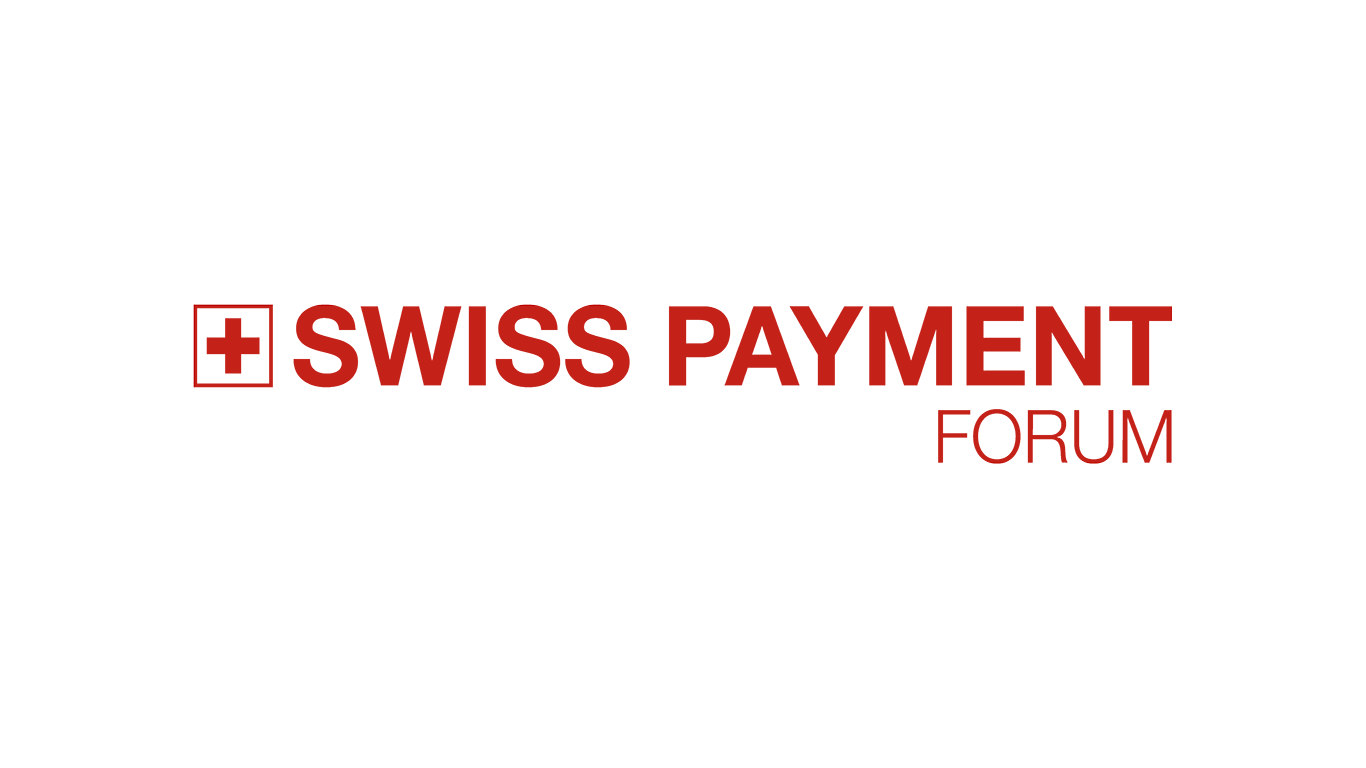
On November 13 and 14, 2023, the Swiss financial service industry will meet at the Swiss Payment Forum in Zurich to discuss the latest developments in finance and payments.
The growing presence of Embedded Finance, the integration of financial services into the customer journey by third-party providers, opens an enormous growth market. Embedded Finance offers multiple opportunities to include financial services directly on platforms and provides a frictionless experience for customers. Expert Rino Borini will explain in his presentation at the Swiss Payment Forum which opportunities and challenges arise for the financial industry. Furthermore, he will look beyond Swiss borders and discuss best practices and lessons learned.
The two-day conference will also cover topics such as the latest payment technologies, including Instant Payments and Digital Wallets, security standards in payment and Sustainable Finance. Moreover, regulatory changes as well as trends in Cryptocurrencies, digital payment options such as the digital Swiss Franc and the role of payments in the Metaverse will be highlighted.
For more than 10 years, the Swiss Payment Forum has established itself as an industry meeting place. The conference offers excellent opportunities for networking and to learn from top-class presentations. For the international participants, simultaneous interpretation to English is provided.
Related News

S Anand
Chief Executive Officer and Founder at PaySprint and SprintVerify
It’s no secret that document & identity verification is paramount in today’s technologically advanced world. see more
- 07:00 am

Wrexham-based Chetwood Financial has been named on the 2023 Wales Fast Growth 50 list.
The list celebrates the 50 fastest-growing firms in the Welsh economy, championing high-growth, home-grown businesses that make a significant contribution to jobs and wealth creation.
Founded in 2016, Chetwood is a digital bank on a mission to use technology to make people better off. It is the second year in a row that the company has featured on the Wales Fast Growth 50.
As well as making the overall top 50 list, Chetwood has also been shortlisted for the fastest-growing financial services firm in Wales, and the fastest-growing firm in North Wales, which it won in 2022.
The Chetwood team has grown by 93 people over the past 12 months. Its turnover increased by 255% in the same period.
Chetwood has four consumer products: LiveLend, BetterBorrow, SmartSave and Wave. Each was created to serve distinct customer segments, using technology to take time, complexity, and friction out of the process of accessing new financial products.
“We are delighted to be named in the Wales Fast Growth 50 for the second year running,” said Chetwood’s founder and CEO, Andy Mielczarek. “We are proud to be a digital bank based out of Wrexham, and awards like this offer a timely reminder that we’re doing our bit to serve consumers and also boost the Welsh economy.
He continued: “The past 12 months have thrown into focus the need for smarter, faster, and more agile banking products. The cost-of-living crisis has put millions of UK households under great financial pressure. Meanwhile, sadly, despite the base rate rising significantly, many high-street banks have not done enough to pass on better interest rates to savers.
“We exist to provide consumers with products and rates they cannot find on the high street, and this has underpinned another year of strong growth for Chetwood. But there is no room for complacency, and we will strive to improve further, ensuring Britons can benefit from our market-leading products.”
Related News
- 08:00 am
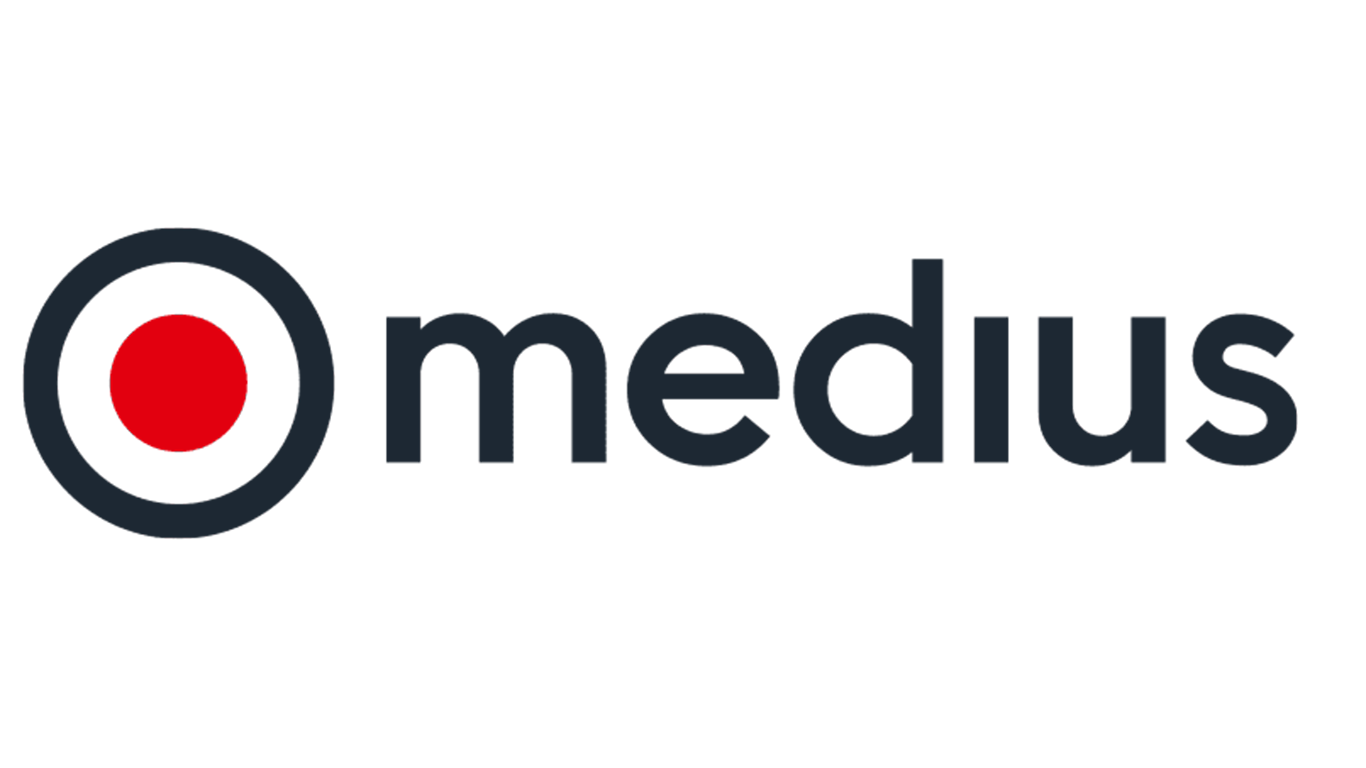
Medius, a leading provider of accounts payable (AP) automation, today announces the opening of its U.S.-based office in Jacksonville, Florida. The office will serve as the organization’s new U.S. headquarters, which were formerly in New York City. The new headquarters represent a larger commitment to the Jacksonville community, as it emerges as one of the country’s hottest spots for fintech growth.
The new office location will serve as the home base for more than 100 employees, creating 15 new and local jobs across finance and sales teams. The planned three year investment follows the company’s 2022 acquisition of OnPay Solutions, a Jacksonville-based invoice payments provider.
Dubbed a “fintech city to watch closely” by Crowdfund Insider in 2021, Jacksonville has continued to blossom. According to the JAX Chamber, Jacksonville is home to nearly 65,000 financial service employees, a number that continues to grow. The city is currently home to a number of Fortune 500 companies including Fidelity, CSX and Landstar System. Medius’ new office is located within 501 Riverside in the Brooklyn neighborhood of Jacksonville, accompanied by KPMG and TIAA Bank, among others.
Jim Lucier, CEO of Medius, comments: “Jacksonville is a burgeoning hub for fintech organizations driven by the local talent and proximity to public and private educational institutions like Jacksonville University and Florida State College at Jacksonville. We’re excited to call this city home and bring more skilled locals into the business over coming months. The need to increase headcount follows a year of excellent North American growth as more organizations turn to Medius to improve operations in the Office of the CFO using technological innovation, particularly in AI.”
Kimberly Hawkin, Accounts Payable Manager at Safariland, comments: “As a longtime customer of Medius, Safariland has been able to help level up its finance department with streamlined operations and automated processes. By producing greater efficiency, Medius has created value for Safariland and helped our company achieve many of its objectives. We’re excited that Medius selected Jacksonville as the site for its US headquarters and look forward to our continued partnership. The move is certain to play an important role in enhancing our city’s reputation as a hub for future business and tech.”
Aundra Wallace, President of JAXUSA Partnership, comments: “Once a company enters the Jacksonville market with a merger or acquisition, we’re always looking for opportunities to keep them here. This is another example of our emergence as a fintech center and we look forward to working with Medius as they grow in our region.”
Christian Harden, Managing Partner of NAI Holdings, comments: “Medius’ decision to move into Jacksonville’s Brooklyn neighborhood is indicative of the growing and flourishing fintech center in the area. We’re proud to work with organizations that enable Jacksonville’s growth and look forward to supporting the business’ presence in the city.”
Related News
- 08:00 am
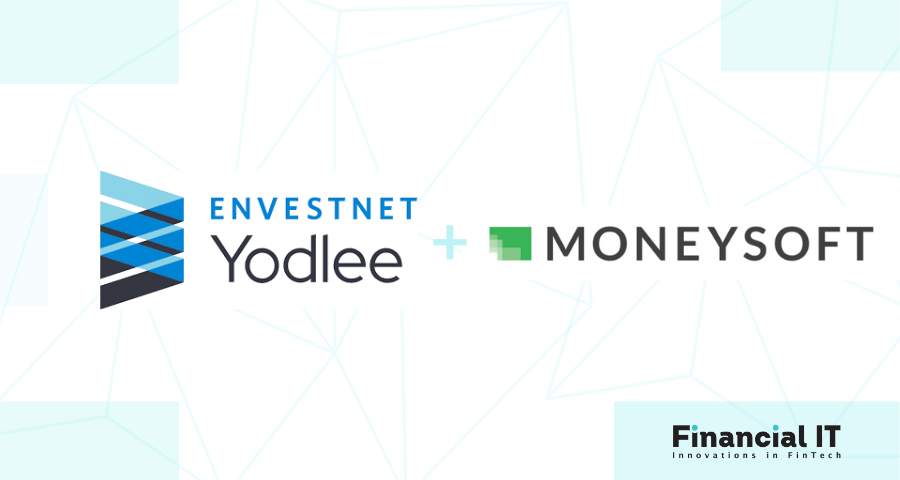
In a win for the Australian financial advice industry, Sydney-based financial software company Moneysoft has turned on open banking data feeds for its industry-leading client engagement software that is used by more than 250 financial advisers, mortgage brokers and money coaches across Australia.
Moneysoft is working with accredited data recipient Envestnet® | Yodlee® to access open banking data under Australia’s Consumer Data Right (CDR).
At no extra cost, consumers and their professional advisers will now benefit from live information coming into Moneysoft’s personal financial management tool via open banking’s secure APIs. For financial advisers, this makes the process of gathering client information more streamlined and efficient, with accurate and timely data coming directly from open banking feeds, governed by the CDR’s revocable consent process and privacy rules.
Jon Shaw, CEO at Moneysoft, said: “As an innovative technology company focused on serving the highly regulated financial advice industry, Moneysoft is excited to make this industry-leading shift to open banking as a primary source of information. Open banking is a government-regulated method of data collection and sharing that is safe, reliable and standardised. Moreover, it supports the use of electronically delivered bank account data to build end-to-end customer journeys that solve problems in real-time, to help Australians budget, build wealth and save for their retirement.”
Moneysoft is part of Link Administration Holdings Limited (“Link Group”) (ASX: LNK) which connects people with their assets including equities, pensions and superannuation, investments, property and other financial assets.
In response to the recent Australian government announcement that superannuation funds should play a central role in the provision of financial advice, many funds are preparing to expand their member advice services.
Dee McGrath, CEO Retirement & Superannuation Solutions at Link Group, said: “Superannuation funds have traditionally been wary of the risks associated with web-based methods of data sharing. This proactive move by Moneysoft to use open banking removes a major barrier for those funds. It allows them to adopt an innovative technology solution that supports the delivery of quality financial advice, so Australians can have confidence in their retirement outcomes.”
Moneysoft’s software has an essential focus on financial wellbeing by prioritising cash flow management and wealth tracking. The starting point is to understand the consumer’s income and expenditure patterns, assets and liabilities. This requires access to bank transactions, which are run through an analytics program to generate insights.
Tim Poskitt, A/NZ Country Manager at Envestnet | Yodlee, said: “Financial advice is a great use case for open banking data and analytics. We are delighted to be working with Moneysoft to support proactive innovation for the financial advice industry, including advice provided by superannuation funds to their members. Technology that interfaces with open banking can support advisers to become more efficient in data management and streamline the delivery of their client services.”
The Moneysoft and Envestnet | Yodlee teams collaborated to arrive at an innovative combination of CDR Representative and Trusted Adviser models to support Moneysoft’s B2B2C business model. In this solution, the consumer consents to the Moneysoft platform collecting open banking data as a CDR Representative. Then it is shared with their professional adviser as a Trusted Adviser.
“Thanks to Envestnet | Yodlee, Moneysoft has brought to market a great solution for consumers and their financial advisers to access open banking data at no extra cost,” said Mr Shaw.









